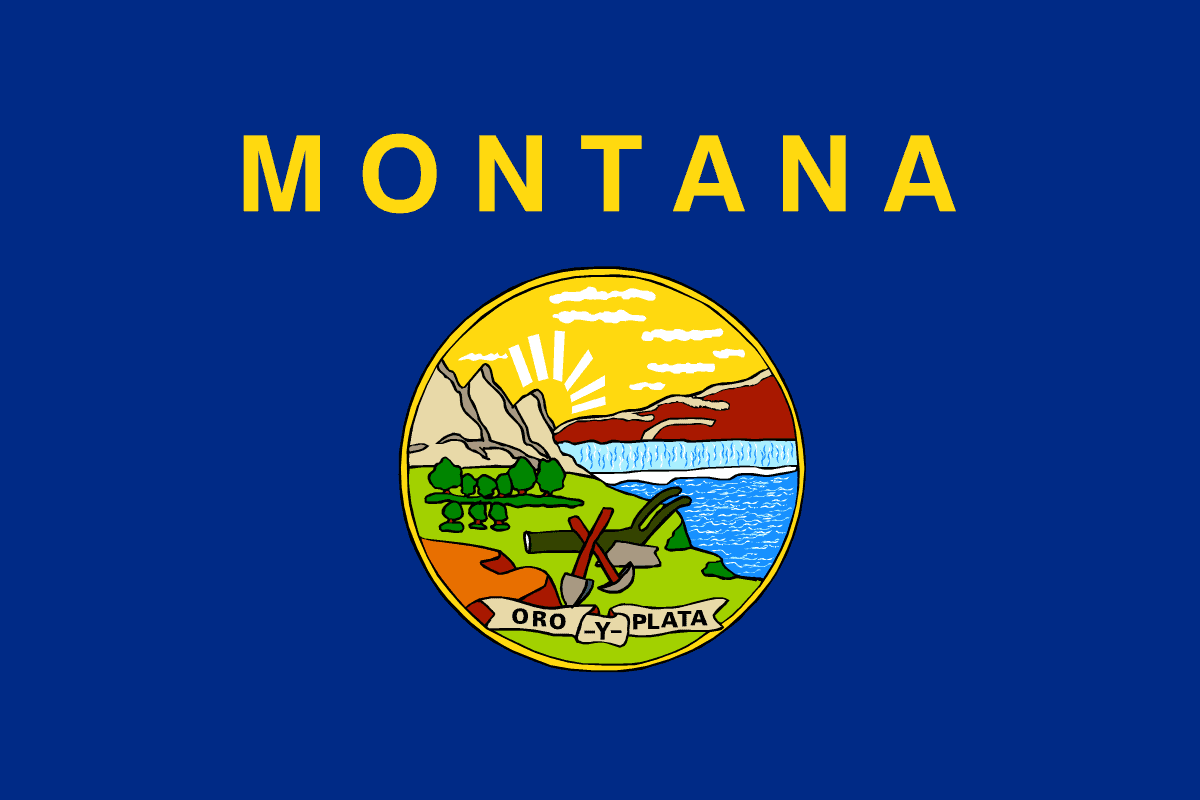A reference of Montana Eviction Laws, and steps of the Montana eviction process for landlords and renters, updated 2021.
- What are the reasons for eviction under Montana eviction laws?
- Nonpayment of rent (Mont. Code Ann. § 70-24-422(2))
- Non-compliance with the lease agreement (Mont. Code Ann. § 70-24-422(d))
- Tenant remains in possession of the dwelling unit after the occupancy period without the landlord’s permission (Mont. Code Ann. § 70-24-441).
- What notice do Montana eviction laws require that landlords provide tenants before starting the eviction process?
- For evictions based on non-payment of rent, the landlord must provide a 3-days notice. If the tenant pays rent due within this time period, the tenant is not evicted. (Mont. Code Ann. § 70-24-422(2)).
- For evictions based on the tenant’s non-compliance of the lease agreement, the notice the landlord gives is based on the nature of the non-compliance. The landlord must give a written eviction notice that states the reason(s) for eviction. (Mont. Code Ann. § 70-24-422)The notice that is required is:
- 3 days if an unauthorized person or pet is residing in the rental unit
- 3 days if the tenant destroys, defaces, damages, impairs, or removes any part of the premises or threatens to do so
- 14 days if the non-compliance is for any other reason. If the noncompliance can be remedied by repairs or paying damages, the rental agreement does not terminate if the tenant remedies the situation by the date in the notice. However, if substantially the same act or failure to act is committed again within six months following the notice, the landlord can terminate the rental agreement by giving 5 days’ notice.
- For evictions based on the tenant remaining in possession of the rental property after the expiration of the lease, the landlord must provide a 30-day notice to terminate a month-to-month lease or a 7-day notice to terminate a week-to-week tenancy. (Mont. Code Ann. § 70-24-441).
- Do Montana eviction laws allow landlords to use “self-help eviction” methods, such as locking a tenant out of the rental unit or shutting off the utilities?
- No. Montana law prohibits self-help measures, including excluding a tenant interrupting essential services to the rental unit. If the tenant takes action against the landlord for violating this law, the tenant can recover three times the rent amount or three times their actual damages, whichever is greater. Mont. Code Ann. § 70-24-411. Additionally, they can recover attorney’s fees and costs. Mont. Code Ann. § 70-24-442.
Montana Eviction Process: Step-by-Step
The eviction process in Montana is a legal process. Montana courts and Montana Legal Services Association have prepared a number of materials to assist landlords and tenants with the eviction process, including:
- Montana’s Landlords’ Rights and Duties Handbook
- Montana’s Tenants’ Rights and Duties Handbook
- Giving Your Tenant Notice to Vacate
- Action for Possession Packet
- Answering an Action for Possession Packet
The typical eviction process in Montana involves the following steps:
- Landlord serves the eviction notice.
The landlord must serve the eviction notice on the tenant. The eviction notice must state the reason or reasons for eviction and the timeline to comply with the notice.
- Landlord files an eviction lawsuit.
If the tenant does not move out by the date indicated in the notice, the landlord can begin the official legal process by filing an eviction lawsuit with the court. The landlord is responsible for paying the court fee and having the tenant legally served with the required paperwork.
- Parties attend the hearing.
The landlord and tenant attend the hearing. The parties can present evidence to support their case. The landlord has the burden of establishing the following elements to win the case:
- There was a legally valid lease.
- The tenant breached the lease.
- The landlord suffered damages as a result of the breach.
The landlord may be able to present the lease, rent payment records, photographs, or witnesses to support their case.
- Court dismisses the case or issues a judgment.
The court dismisses the case or issues a judgment in favor of the landlord.
- Tenant moves out.
The tenant must vacate the property if the court rules in favor of the tenant. If the tenant fails to do so, they can face additional monetary sanctions in accordance with Montana eviction laws.






